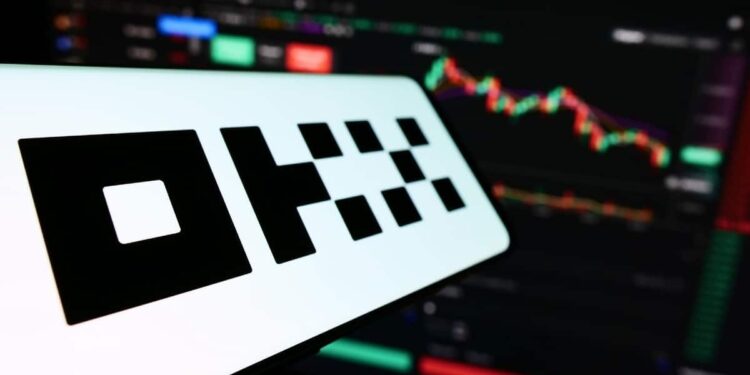By John Ikani
Nigerian cryptocurrency users received unwelcome news on Wednesday as OKX, a major crypto exchange, announced its departure from the country.
The company cited “recent changes in local laws and regulations” as the reason for its withdrawal, effective August 16, 2024.
This move follows similar actions by Binance earlier this year. The Binance executives currently face trial in Nigeria, further complicating the crypto landscape.
From the designated date, Nigerian users on the OKX platform will be unable to open new accounts or engage in any trading activities.
However, they will still be able to withdraw their existing funds and close any open positions. OKX encourages users to review their accounts and complete necessary withdrawals by August 16th.
This isn’t the first time OKX has scaled back its services in Nigeria.
Back in May, the platform disabled the peer-to-peer (P2P) trading function and removed the Nigerian Naira (NGN) as a trading option due to “changes in local market requirements.”
This move mirrored the actions of Binance, which had already disabled its P2P function in Nigeria earlier that year.
P2P trading allows users to directly buy and sell cryptocurrencies from each other, bypassing the need for a centralized exchange.
The shutdown of this feature by major platforms like Binance and OKX significantly hinders the accessibility of cryptocurrencies for Nigerian users.
Escalating Tensions Between Crypto Exchanges and Nigerian Authorities
In February, Binance, the world’s leading crypto exchange, exited the Nigerian market entirely after its website was blocked by authorities.
This followed accusations from the government that crypto exchanges were manipulating the foreign exchange market and contributing to the Naira’s depreciation.
The situation escalated further when two Binance executives, Tigran Gambaryan and Nadeem Anjarwalla, who visited Nigeria to address these concerns, were arrested. While Anjarwalla managed to escape and leave the country, Gambaryan remains in custody awaiting trial.
The Nigerian government has taken a strong stance against cryptocurrency platforms.
Binance currently faces accusations of tax evasion and money laundering violations from the Federal Inland Revenue Service (FIRS) and the Economic and Financial Crimes Commission (EFCC), respectively.
The Binance executives are also challenging their arrest and detention through a separate legal case.
This web of regulations and legal battles has created a challenging environment for cryptocurrency companies operating in Nigeria. As a result, users face limited access to crypto trading platforms and services.




































